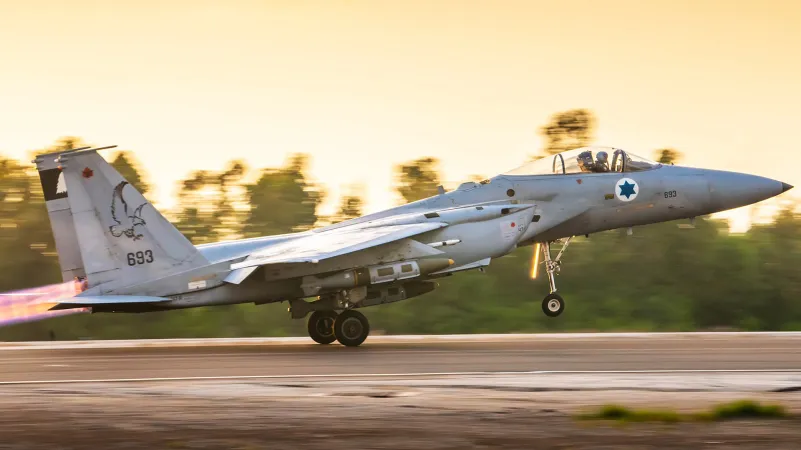Though this is still unprecedented in Israel’s war history, the warplanes had recently carried out multiple bombardments in an unprecedented manner all across Syria, purporting to target certain military installations which they alleged were linked to their regime that collapsed under Bashar al-Assad during unprecedented airstrikes.
Unbelievably huge. More than 100 Israeli blows ha bumper and ongoing military sites all over the country with the major share found in Damascus itself, according to the UK-based Syrian Observatory for Human Rights (SOHR). Local media further reveal that one of the main hits was that of a research center having alleged connections with chemical weapons.
Israel says so because of the reality of preventing weapons falling “into the hands of extremists”. It is under Syria’s current political disorder-the ultimate war: strategic intervention rather blasting out shockwaves across the region.
The UN Security Council has been busy understanding the state of affairs now unfolding. Russian Ambassador Vassily Nebenzia told reporters that the council seems united on preserving Syria’s territorial integrity and ensuring civilian protection. But with Israeli jets dominating the skies, those promises feel paper-thin.
SOHR claims the attacks have been relentless, with hundreds of air strikes in just 48 hours. Among the targets of exceptional significance was a reported, Damascus site of a so-called scientists rocket facility – a strong indication of the general regional anxiety of Israel.
The chemical weapons angle adds another layer of complexity. The UN’s chemical weapons monitoring agency is now urgently soliciting Syrian authorities to safekeeping any potential stockpiles. Chemical weapons are strictly prohibited under international humanitarian law, based on their indiscriminate and destructive effects, as documented by Organization for the Prohibition of Chemical Weapons (OPCW).
It is unknown exactly how many chemical weapons may still remain in Syria. What we do know is that former President Assad was less than transparent about his stockpiles, leaving a dangerous legacy of potential chemical threats.
This isn’t just about military targets. It’s really a question of power, of fear, and of the dangerous void generated in the wake of a dramatic change of power. Israel looks for the chance to neutralize the developing threats before they can coalesce. The regime’s suspected involvement adds another combustible element to an already explosive mix.
For the average Syrian caught in the crossfire, it is a disaster scenario. The civil war years, the devastation of Assad’s fall, and now this- enormous scale aerial bombardment that may alter the course of the country in hours.
The international community’s response has been tepid at best. Diplomatic pronouncements on a state’s territorial integrity are hollow when it’s under bombardment and whole towers are being blown down.
What happens next is anyone’s guess. Will these strikes prevent weapons proliferation or just create more chaos? Will they prevent potential extremist organizations or push them even more into the shade? The geopolitical fight goes on, and the Syrian people are the ultimate sacrifice.
The Middle East continues to be a pressure cooker, ready to blow apart at any given moment. The removal of Assad has unleashed a Pandora’s Box, and the world from Damascus to Tel Aviv, from Moscow to Washington, is watching with great interest.
This story is far from over.







